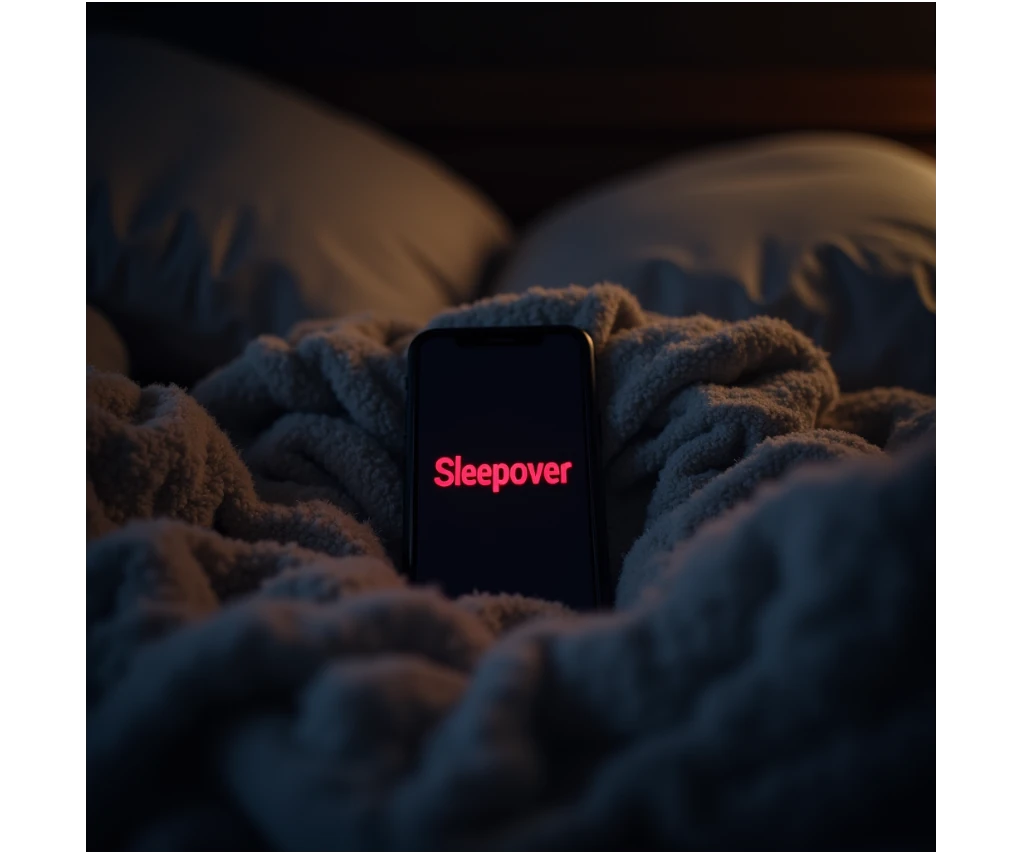In one recent post, a mom shared how she collects all phones during her child’s sleepovers. Reactions from parents were divided—some were in complete support, while others expressed concerns. This raises a common question: should sleepovers be phone-free zones? Let’s explore both perspectives and look at a balanced approach that might work for everyone.
Why a Phone-Free Sleepover Can Be Beneficial
Encourages Real Interaction
Sleepovers have always been about bonding with friends, having fun, and creating memories. While how kids have fun may have changed—from record players to Spotify playlists—the core purpose remains the same: to bond. Without phones, kids are encouraged to interact face-to-face, leading to deeper, more genuine connections.
Reduces Risky Late-Night Content
Sleepovers are often about staying up late and having fun, which usually involves movies or games. But with unrestricted internet access, kids today can pull up any content—from violent to inappropriate videos—in an instant. For parents who limit screen time or internet access at home, a phone-free sleepover helps prevent unmonitored browsing at a friend’s house.
Avoids Social Media Pressures
Social media can add extra drama to sleepovers. When kids post events in real time, it can make others feel excluded or lead to uncomfortable situations if things are shared without everyone’s consent. A no-phone rule keeps the night focused on the experience rather than on who can post the best photo or video.
Why Some Kids Need Their Phones at Sleepovers
For Safety and Peace of Mind
Deciding when to give a child a phone is deeply personal, and for many, it’s a matter of safety. Having a phone allows parents to check in and ensure their child’s safety, especially if it’s a first sleepover or a new environment.
Health-Related Issues
For some families, phones are essential for health reasons. Kids with severe allergies or anxiety may feel more secure knowing they can contact their parents if needed. Without a phone, both the child and their parents might experience anxiety about not being immediately reachable.
Finding a Middle Ground
In most parenting situations, open communication is crucial. Before the sleepover, talk with your child and the host parents about expectations. If they have a strict no-phone policy, consider a compromise, such as allowing your child to keep their phone on vibrate in their pocket, with the agreement that they won’t use it unless necessary.
Another helpful approach is to create a tech contract with your child, outlining when and how they can use their phone during outings or sleepovers. Just as you might ask about things like food allergies or pets, it’s reasonable to discuss technology expectations. This establishes mutual understanding between you and the host family and prepares your child.
Ultimately, every family has different needs and comfort levels. With thoughtful planning, sleepovers can still be enjoyable, safe, and screen-free—all while respecting each family’s preferences.


Comments